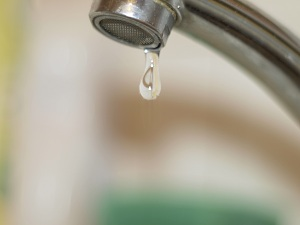
Did you know that the average Quebec citizen uses 350 to 425 litres of water per day on average? Wherever you live, water plays an essential role in your day to day life. And it wouldn’t be possible without the wells we drill and the pipes we install to distribute the water.
From major underground aqueducts, to sewers, to your kitchen sink, more than 90% of Quebecers (and numbers are comparable across urban North America) rely on a municipal water supply. There are three main wells in the province, at Chicoine, St-Adolphe and Xavier. In total, the infrastructure adds up to an incredible 60 km of piping.
Quebec installed its first modern public water system in Montreal in the 1850s using iron and lead pipes. The system grew to include reservoirs, additional wells, and water supply systems in other cities. In the 1960s, Montreal created the province’s first sewage treatment plant.
Iron pipes, however, have not proven to be the most resistant to leaks or breaks; in the last couple of decades, municipal and commercial bodies have been working hard to replace antiquated piping. For example, in 2002 Quebec City launched a major water supply system replacement program, motivated by problems with leakages, which were pulling the plug on the city’s water efficiency. Whether you sit on the Water Works board or develop condominiums, it’s worthwhile to install the sort of piping that maximizes use of our world’s most precious resource.
PVC Plus polyethylene pipes as a more steadfast alternative to iron. It is a highly-durable plastic that should require extremely minimal maintenance over the long term. With equally refined well drilling supplies, well screens and HDPE slotted pipes and fittings, PDC Plus is committed to helping you implement long-lasting water systems.